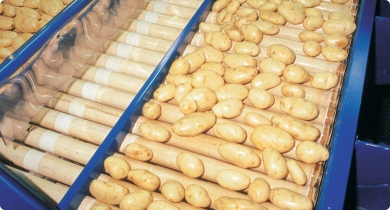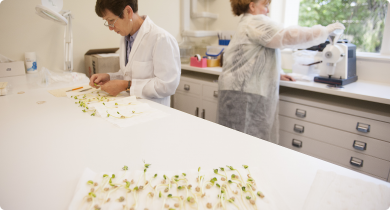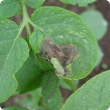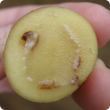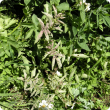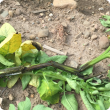Plant biosecurity
The mission of Western Australia's plant biosecurity programs is to safeguard plant resources from exotic and established pests and diseases. The Department of Agriculture and Food, Western Australia (DAFWA) has adopted a 'biosecurity continuum' approach with pre-border, border and post-border biosecurity strategies as integral components of this approach.
The aim of DAFWA’s approach is to identify key threats to productivity, sustainability and market access and outline preventive and response strategies.
The management of biological risks to market access, product safety, quality, productivity and sustainability is a shared responsibility and can be managed together and cost-effectively by means of partnerships between industry, community and government.
DAFWA’s biosecurity policies and operations are targeted to facilitate safe trade, tourism and commodity movement whilst reducing exposure of the State's plant resources to exotic biological risks.
Filter by search
Filter by topic
- Pests, weeds & diseases (33) Apply Pests, weeds & diseases filter
- (-) Remove Diseases filter Diseases
- Crops (33) Apply Crops filter
- (-) Remove Horticulture filter Horticulture
- Fruit (18) Apply Fruit filter
- Fungi (15) Apply Fungi filter
- Vegetables (14) Apply Vegetables filter
- Potatoes (10) Apply Potatoes filter
- Citrus (9) Apply Citrus filter
- Nursery & cutflowers (7) Apply Nursery & cutflowers filter
- Tomatoes (7) Apply Tomatoes filter
- Viruses & virus-like (6) Apply Viruses & virus-like filter
- Bacteria (5) Apply Bacteria filter
- Bananas (4) Apply Bananas filter
- Quarantine (3) Apply Quarantine filter
- Pests (3) Apply Pests filter
- Onions (3) Apply Onions filter
- Crop diseases (3) Apply Crop diseases filter
- Minor fruits (3) Apply Minor fruits filter
- Stone fruit (2) Apply Stone fruit filter
- Importing to Western Australia (2) Apply Importing to Western Australia filter
- Capsicums and chillies (2) Apply Capsicums and chillies filter
- Garlic (2) Apply Garlic filter
- Leeks (1) Apply Leeks filter
- Beans (1) Apply Beans filter
- Importing plant and plant products (1) Apply Importing plant and plant products filter

